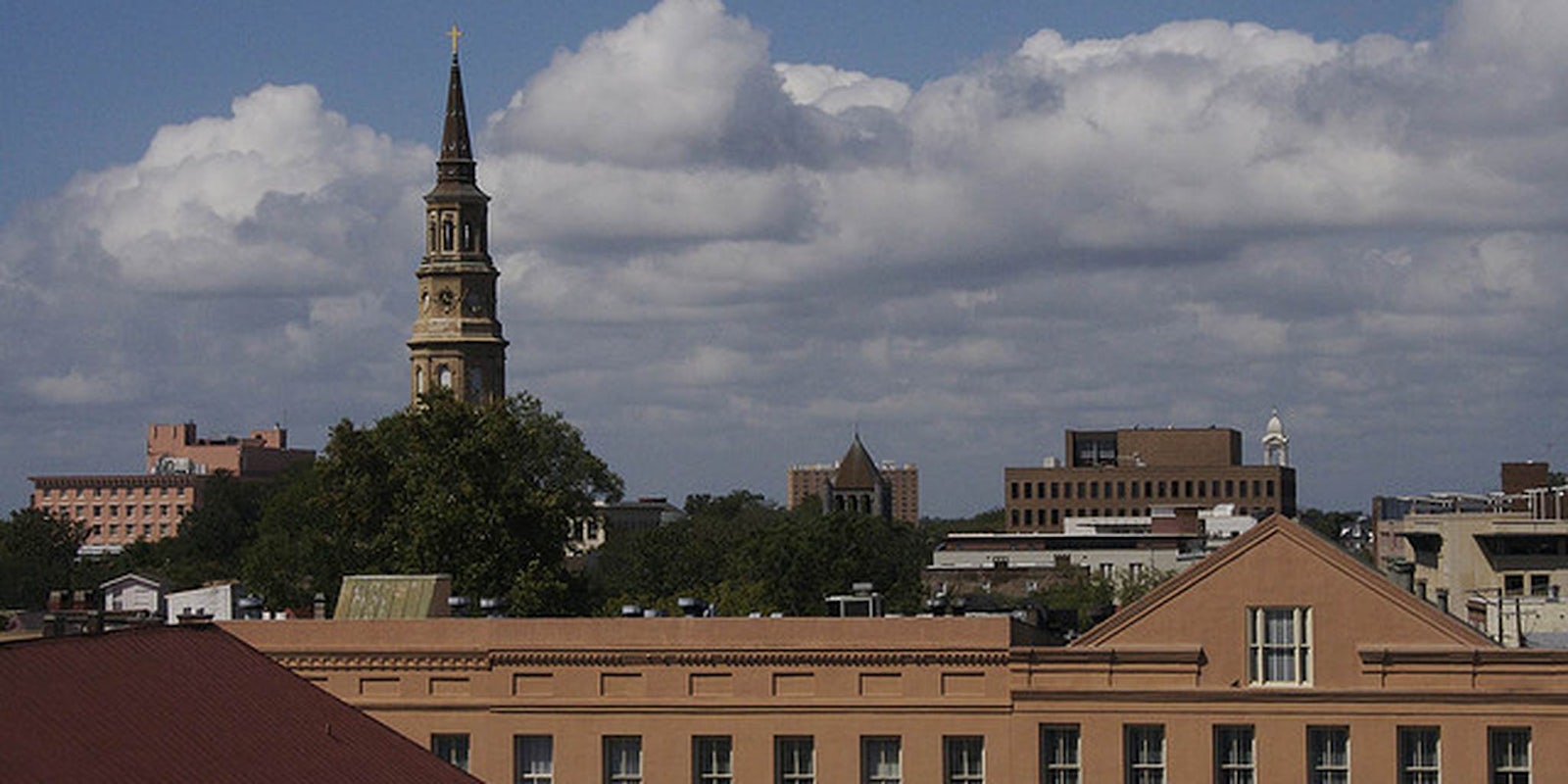A terrorist attack on Jan. 7 at the Paris headquarters of satirical magazine Charlie Hebdo left 12 people dead. Six months later, the United States has suffered an attack nearly as deadly, with nine people dead after a shooting rampage at an historic Charleston, South Carolina, church.
When twelve were victims of terrorism in France, we were all Charlie. When nine are killed in Charleston, who will we be?
— Franklin Leonard (@franklinleonard) June 18, 2015
In the aftermath of the Hebdo massacre, people around the world and across social media banded together under the #JeSuisCharlie hashtag, which translates to “I am Charlie.”
But it became more than a hashtag; it transcended the Web and became a symbol of world unity and anti-terror sentiment. Now, in the immediate wake of Charleston, people are wondering: Who are we?
Still waiting for the ” leaders of the free world ” to march in solidarity with the people of charleston. #JeSuisCharleston
— Barchart (@bshugaa60) June 18, 2015
#JeSuisCharleston https://t.co/bM7DlMHhGv
— May Be (@maynon2013) June 18, 2015
https://twitter.com/Vanessid/status/611576505064296448
Looking hard for a #JeSuisCharleston movement to spring up among white liberals. Or is that not with whom we identify?
— Jesse Dangerously | Backburner Crew (@JesseDangrsly) June 18, 2015
https://twitter.com/RomanKush/status/611502818659336192
Waiting for #JeSuisCharleston –doesn’t everyone identify with people’s right to be (both black and) alive?
— Sonnet L’Abbé (@sonnetlabbe) June 18, 2015
No sooner did people start asking these questions than others began tweeting in earnest with the hashtag #JeSuisCharleston, a clear callout to the #JeSuisCharlie trend from January.
#JeSuisCharleston terrorism is terrorism..every live matters…all around the world…in every culture or religion… #CharlestonShooting
— Jana (@Jana_Friedrich) June 18, 2015
https://twitter.com/musab_ys/status/611562702486523905
It’s still terrorism when a white guy does it #JeSuisCharleston
— Alan (@KosherSam) June 18, 2015
But the main distinction between the movement inspired by the events in France and the one spurred by Charleston, is that people had an identifiable enemy: terrorists. Specifically, Muslim terrorists.
However, the meaning of #JeSuisCharleston is unclear. Does it mean we stand in unity with the black community? The Christian community? Or do we stand against white supremacists? People against gun control? White people?
Republican South Carolina senator and 2016 presidential candidate Lindsey Graham says the Charleston massacre is “not who we are, it’s not who our country is; it’s about this guy.”
Which leaves people still wondering: Then who Je suis?
Photo via James Williams/Flickr (CC 2.0)


